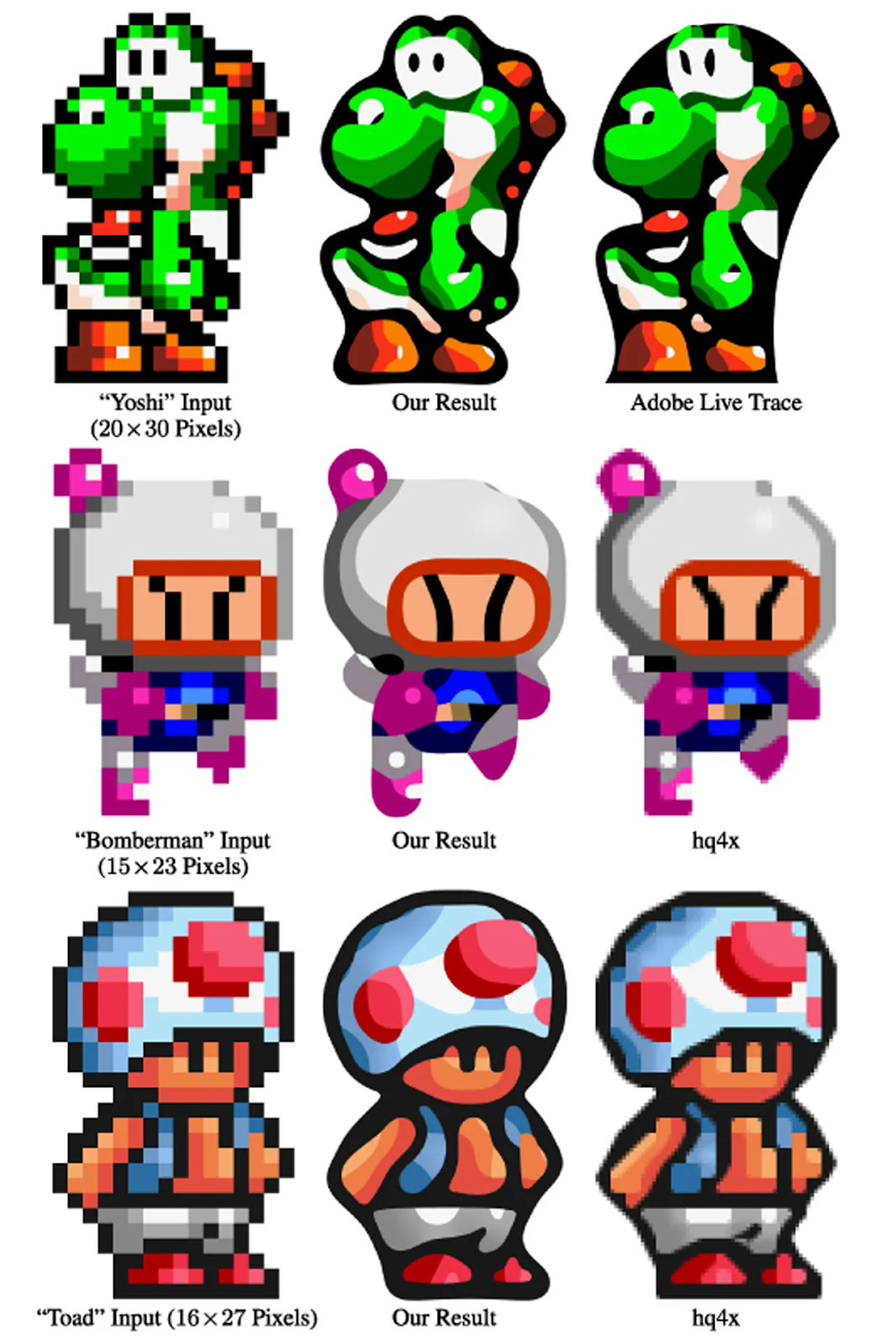Freedom of expression is a cornerstone of a democratic society, ensuring not just the ability to speak freely but also the health and vibrancy of a nation's political, cultural, and social life. Among the eight values of free expression, one that resonates deeply with me is the Check on Governmental Power. The concept underscores the vital function of free speech and a free press in holding those in power accountable. In our current era of digital communication and global connectivity, this value feels particularly pertinent and personal.
From the revelations of whistleblowers like Edward Snowden, who exposed the extent of
government surveillance, to investigative journalism uncovering political scandals and corporate misconduct, the role of media and public discourse in challenging authority is undeniable. Social media platforms like Twitter (now X) and Facebook have amplified this function, enabling journalists and ordinary citizens to share information rapidly and broadly. The recent use of social media to document and highlight social injustices, such as the Black Lives Matter movement, exemplifies how free expression is a tool for accountability.
Blasi argues that without the ability to freely criticize and question, government power tends toward abuse. History provides ample evidence of this. In authoritarian regimes where freedom of speech is curtailed, unchecked power often leads to human rights abuses and widespread corruption. The press and citizenry, when free to investigate and speak out, serve as crucial checks in the balance of power that underpins democracy. However, the mechanisms by which this watchdog role is carried out have evolved dramatically with technology, especially social media. Platforms like Twitter, TikTok, and YouTube have become arenas for public debate, advocacy, and whistleblowing. They empower individuals to act as citizen journalists, providing real-time reporting from virtually anywhere in the world. But these platforms also present challenges: misinformation, hate speech, and the risk of government and corporate surveillance have become more pronounced.
Lee Bollinger’s perspective on the value of free speech in promoting tolerance suggests that exposure to different viewpoints, even those that are hateful or offensive, teaches society how to better navigate and respond to extreme ideas. Social media, for better or worse, is a crucible for this kind of exposure. Algorithms may amplify extreme content, but they also facilitate dialogues that can lead to greater understanding and societal learning. It can be argued that by engaging with diverse, often conflicting viewpoints, individuals become more tolerant of differences, thus fostering a more inclusive society.
On one hand, digital platforms embody the Marketplace of Ideas theory espoused by John Milton in "Areopagites." Here, different viewpoints and ideas can clash openly, allowing truth to emerge stronger from the contest. On the other hand, the sheer volume and speed of information (and misinformation) challenge this ideal. How can we ensure that truth wins in a sea of competing narratives?
Furthermore, the principle of Protecting Dissent becomes even more critical in the digital age. While mainstream media might overlook minority voices, social media platforms provide a space for them to be heard. This democratizes expression, allowing underrepresented groups to challenge prevailing norms and contribute to the broader societal discourse.
For me, the Check on Governmental Power resonates most profoundly because it encapsulates why free speech is vital. Without the ability to question, challenge, and expose, we risk losing the very freedoms that define democratic life. In a world where information can be controlled or manipulated by those in power, maintaining the integrity of free speech, especially through modern technologies, is paramount.


















